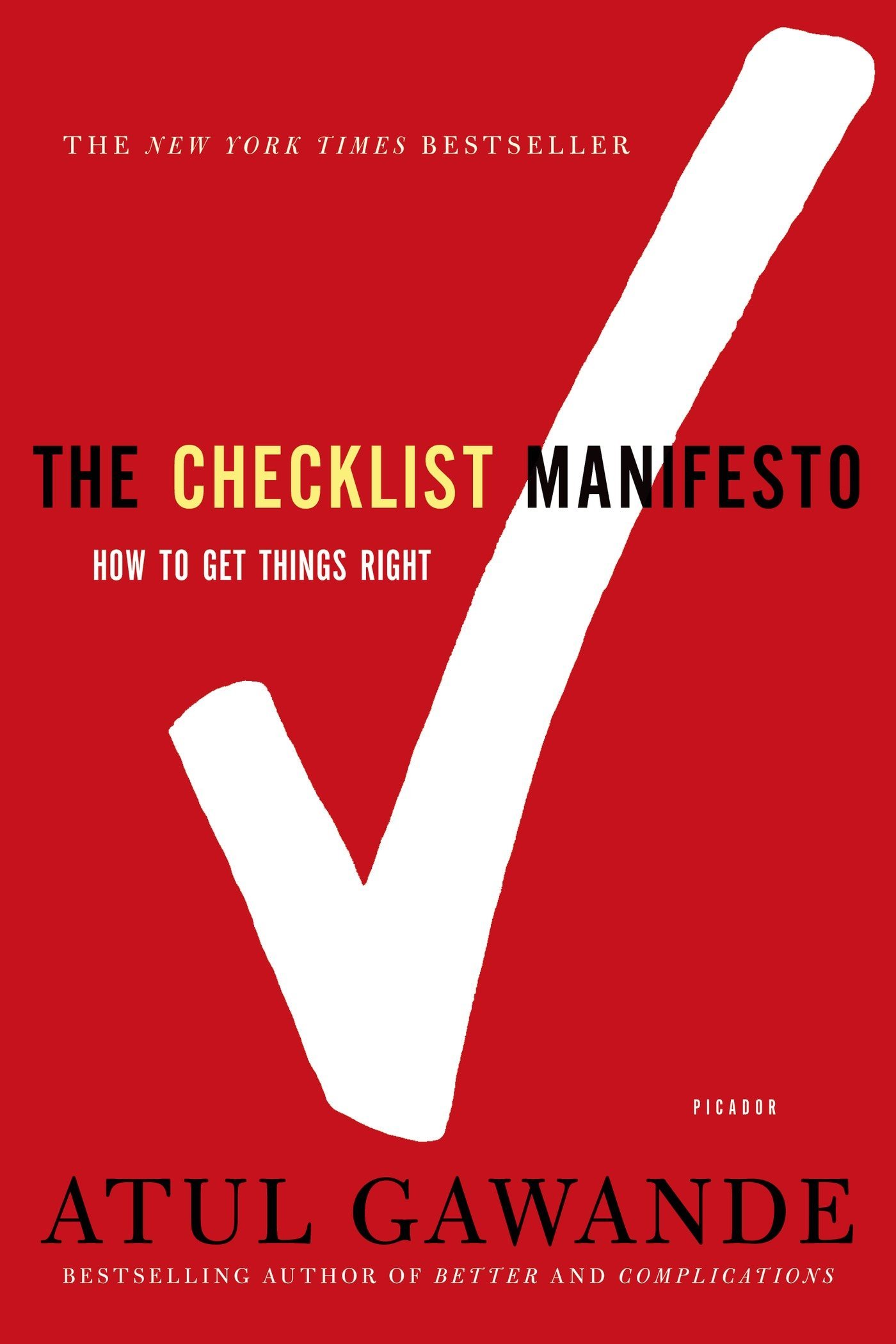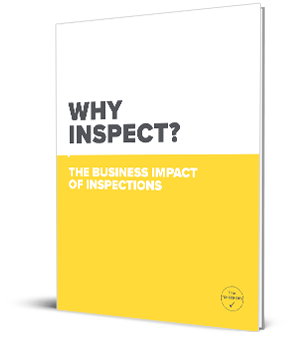As a long-time proponent of the use of checklists in business, I was thrilled when I recently read The Checklist Manifesto by Dr. Atul Gawande, a surgeon, Harvard professor, and best-selling author. Gawande enthusiastically celebrates the universal usefulness of checklists, reminding us that they are as common as a recipe for a favorite dish.
 The Checklist Manifesto explores the fundamental importance of the humble checklist in organizing and managing complex processes. Gawande speaks from his own experience, explaining how even the most competent surgeon, operating without a checklist, can miss a critical step. The increasing complexity of modern surgical procedures has made checklists essential, he argues.
The Checklist Manifesto explores the fundamental importance of the humble checklist in organizing and managing complex processes. Gawande speaks from his own experience, explaining how even the most competent surgeon, operating without a checklist, can miss a critical step. The increasing complexity of modern surgical procedures has made checklists essential, he argues.
Gawande focuses on medicine, but he also delves into the use of checklists in the aviation, construction, and investing industries. In Gawande’s view, the elaborate processes that characterize the modern world demand that we turn to the checklist, a simple tool that’s been around practically forever.
Gawande points out what we’ve long advocated at The Checker—checklists not only ensure disciplined completion of essential steps in any process, no matter how complicated, they can efficiently guide you through those steps.
It’s not only that so many processes today are complex; the sheer number of tasks most of us have to complete can cause us to easily overlook one. Even something as simple as washing your hands can be forgotten, and Gawande documents how checklists mandating hand washing have significantly lowered infections and other complications related to hospital stays.
Gawande is passionate in his call for professionals to forego any psychological resistance to checklists. He maintains that professionals in all fields must have humility and accept any help they can get in organizing, managing, and completing tasks. In medicine, for example, he describes how the use of checklists can help do away with the idea that doctors are infallible, thereby leading to improved teamwork and communication. But the doctors first have to admit they can make mistakes!
You won’t find much practical advice in The Checklist Manifesto. It’s not about how to design or use checklists. What you will find are numerous real-world examples of how checklists are benefitting business and society—anecdotes I found highly interesting.
I was also pleased by how enjoyable and easy-to-read Gawande’s writing is. I took up The Checklist Manifesto out of sense of duty because I’m a safety professional, but it wasn’t at all a task to read it. I actually found it to be a page-turner.
Takeaway
The central premise of The Checklist Manifesto—that checklists enable us to better organize, manage, and complete tasks—is applicable to any industry. It has particular relevance to safety professionals because of the vital importance of safety checklists in preventing occupational injuries and fatalities.











